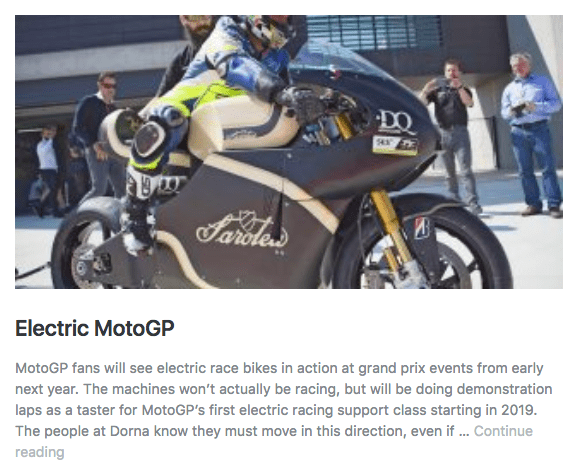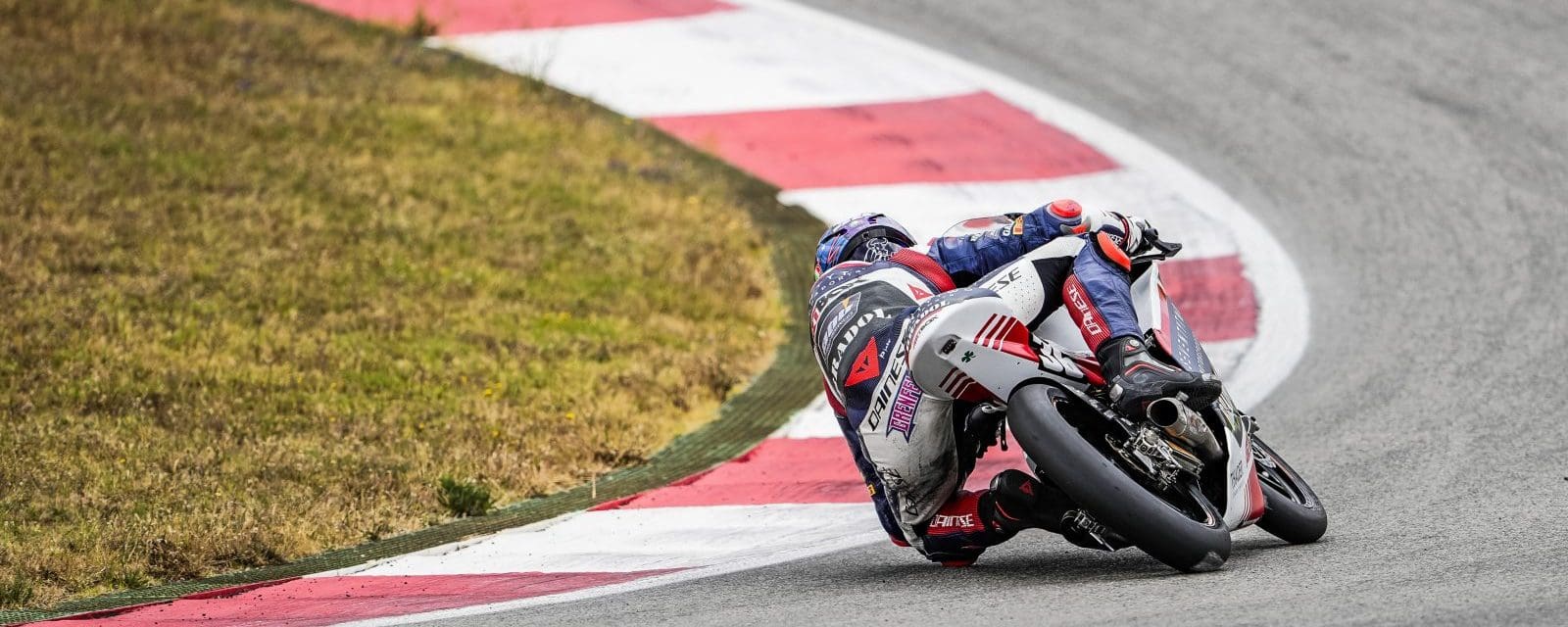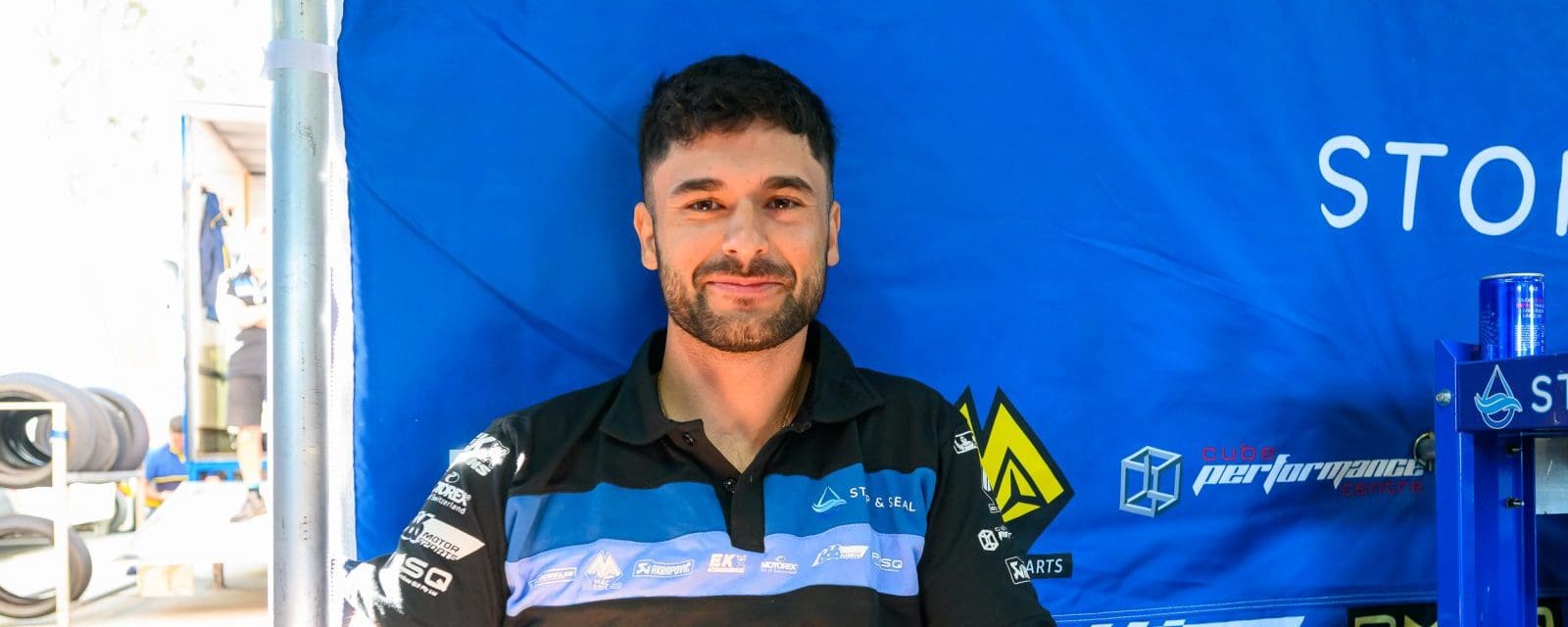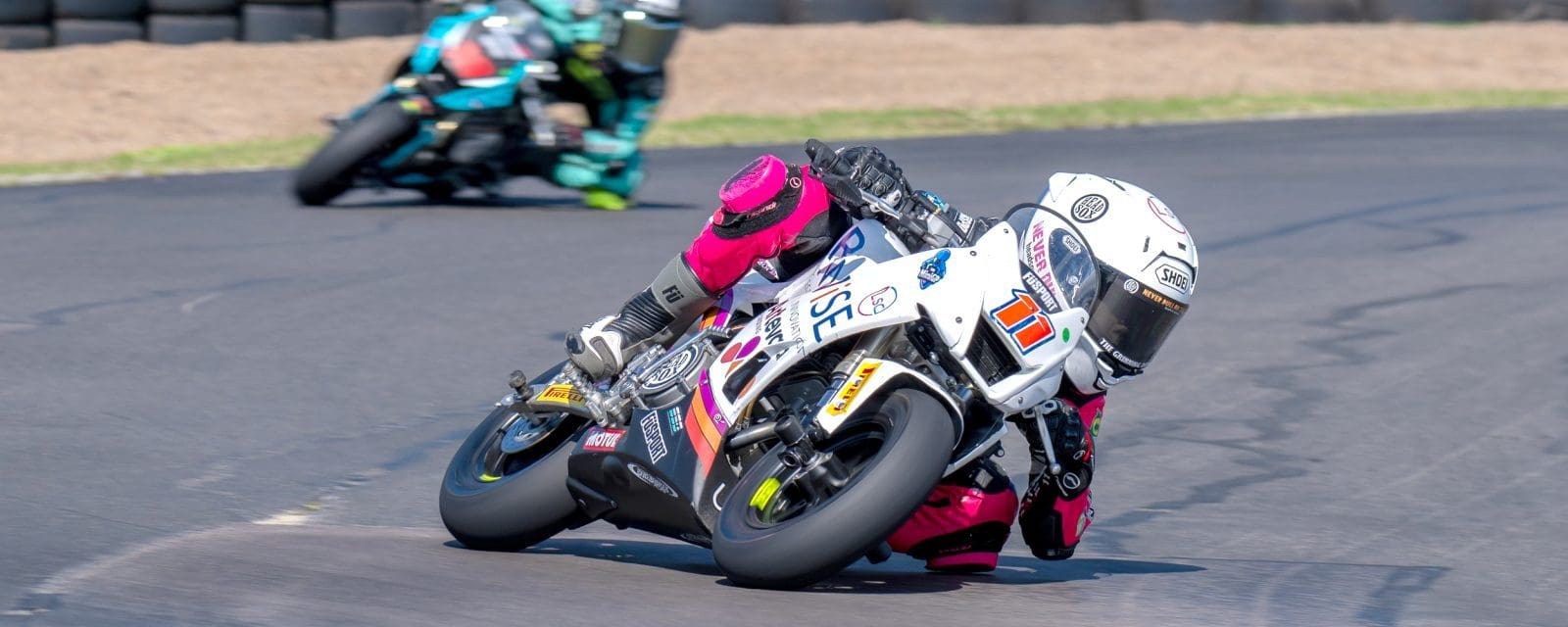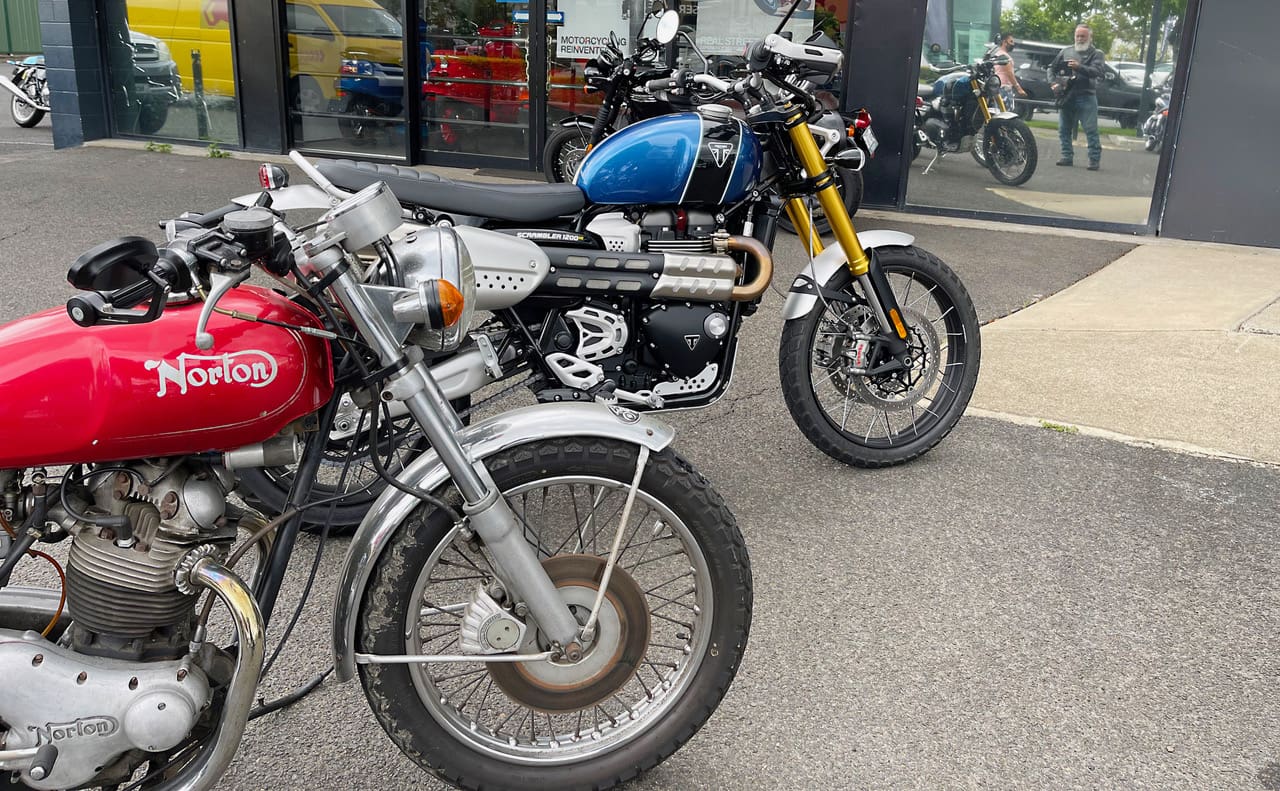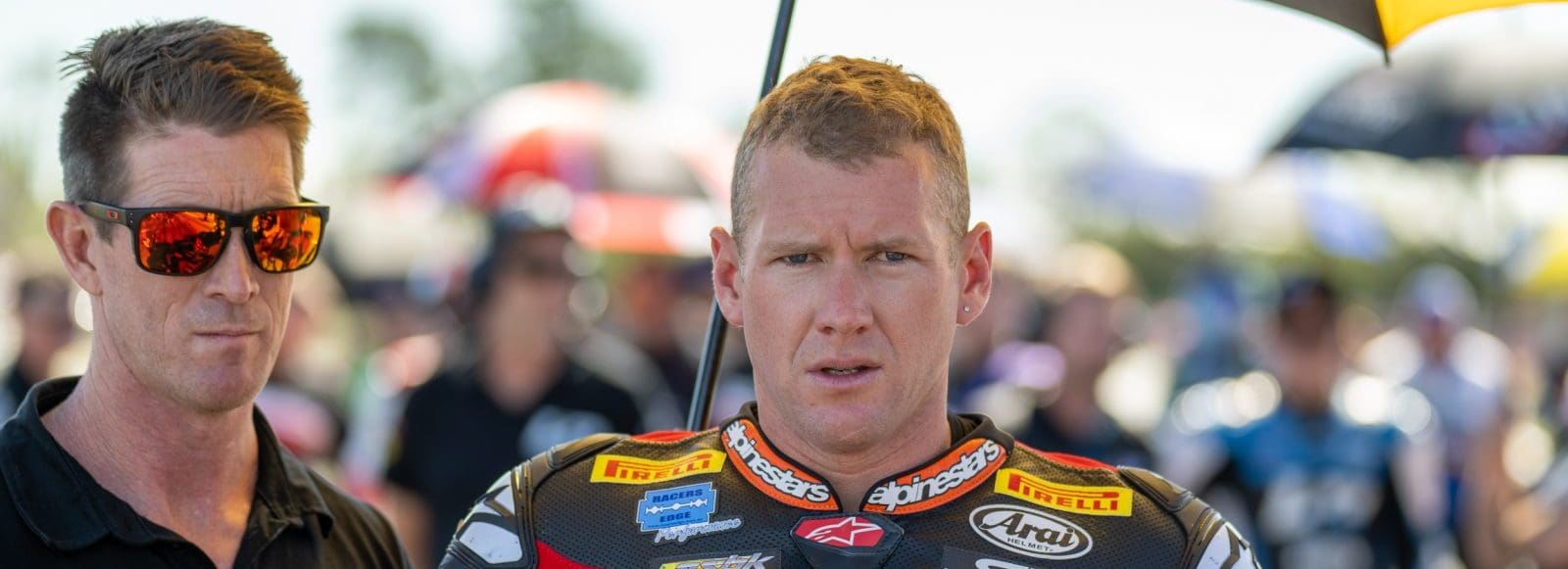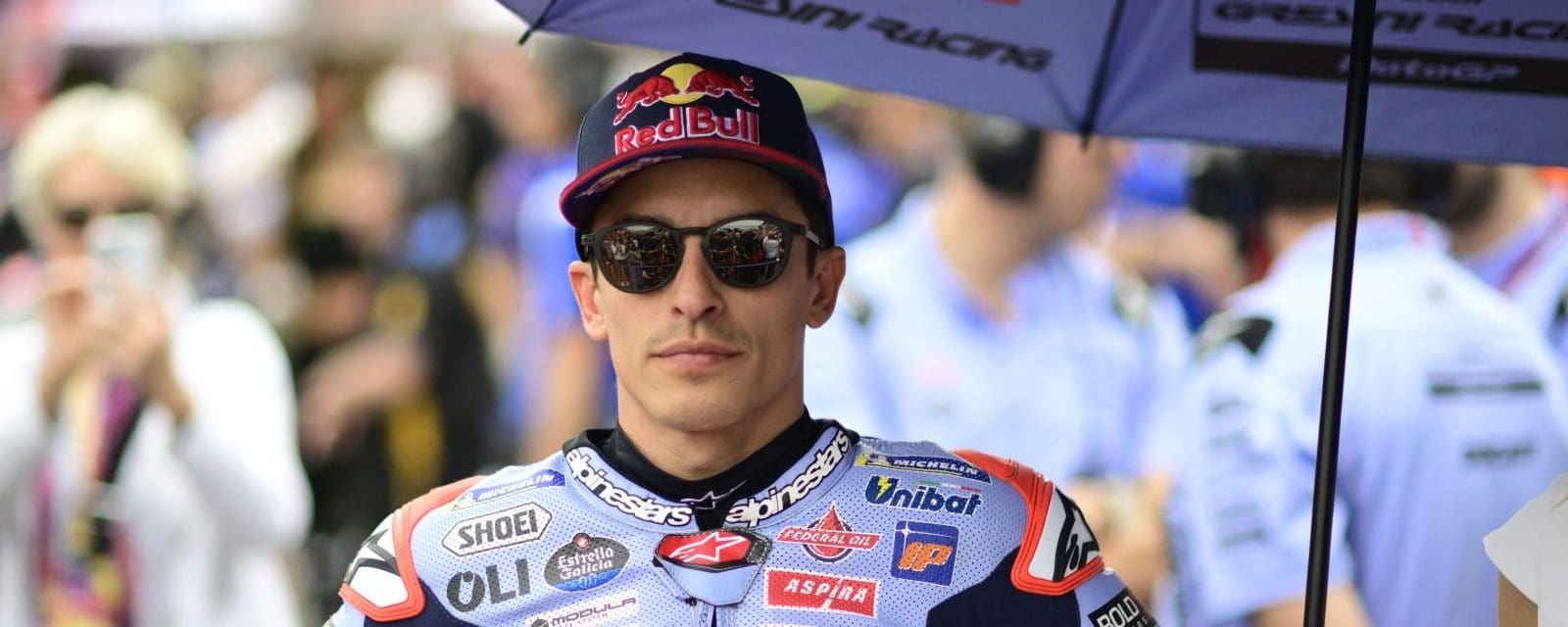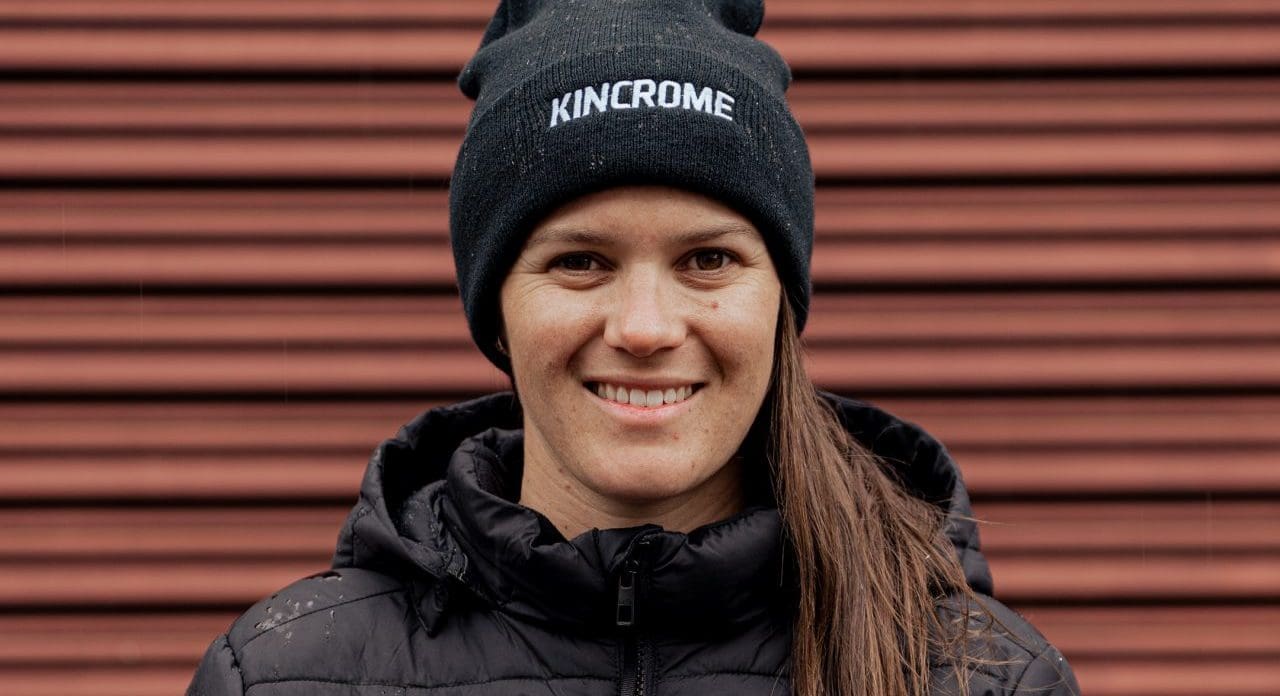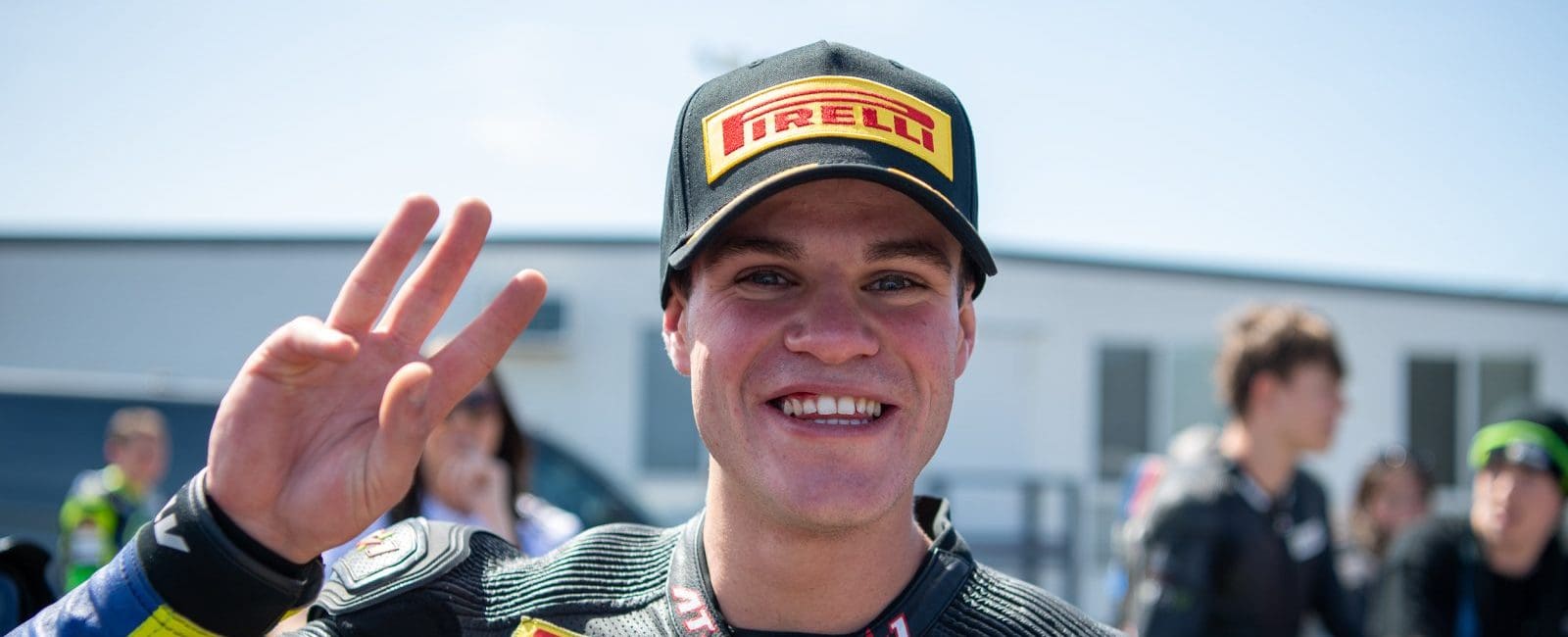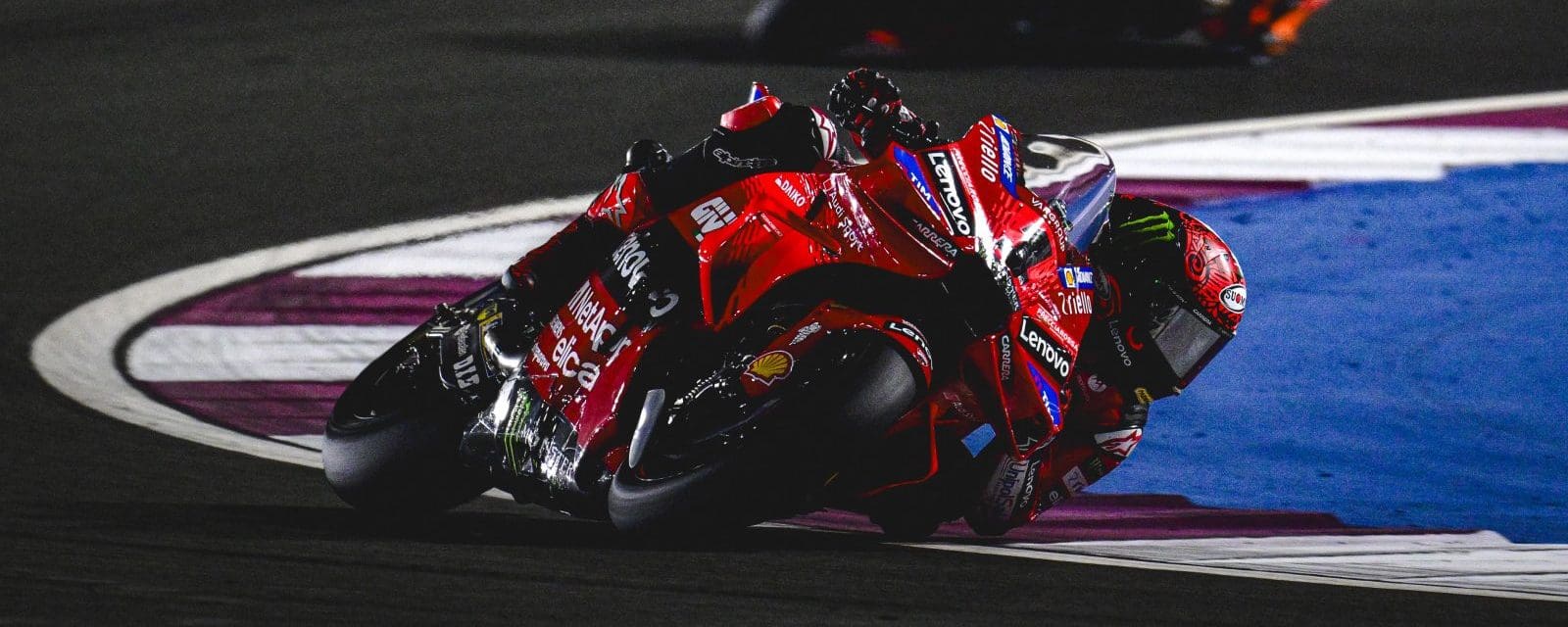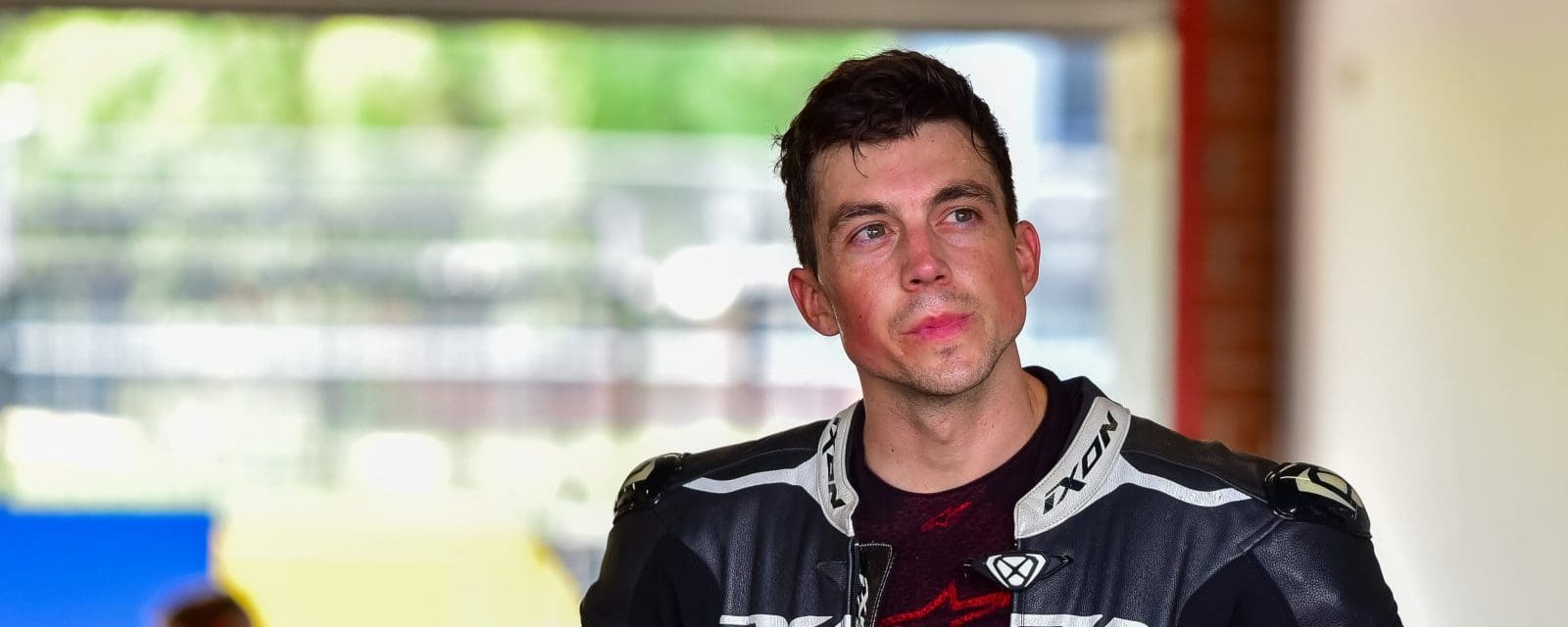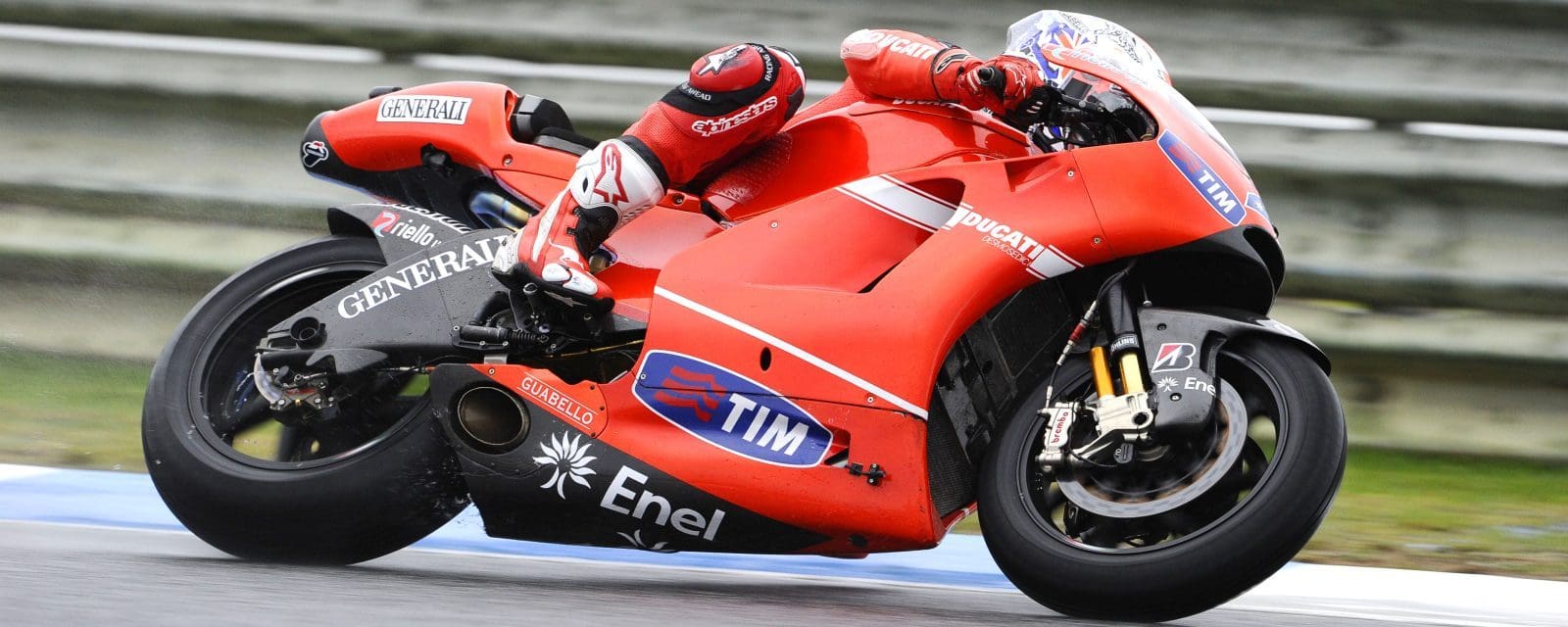As published in AMCN (Vol 67 No 11)
Ignore history at your peril. As Irish philosopher Edmund Burke famously stated three centuries ago, “Those who don’t know history are doomed to repeat it”. This is a warning for Dorna and the FIM.
Motorcycle racing frankly doesn’t have much to learn from car racing, and that comes from a lifelong fan of four-wheeled sport. I’ve spent my entire working life writing about motorsport and let me tell you MotoGP has it all over F1 in most respects (aside from money and profile). The racing is better, the machinery more raw, and the competitors far more interesting. You might also be surprised to learn that most car racing people agree.
The FIA, which (arguably) runs car racing, is so politically correct, so fearful of governments and environmentalists, that it has allowed F1 to degenerate as a sporting spectacle and contest. It also couldn’t wait to rush down the green road with a major electric car formula called Formula E that no one wanted – other than the carmakers, who have been forced to produce electric road cars its customers never asked for and patently don’t want. And therefore need to promote disproportionately to convince people to buy EVs so government emissions demands can be met.
Sound familiar?
Motorcycle racing is setting off on the same path. Electric racing seems inevitable, but what Dorna and the FIM have in their favour is that they can learn from history. They can learn from Formula E. They can also learn from F1, which has alienated race fans with its impossibly complex hybrid formula that has failed to win over the necessary new audience to replace the terminally dismayed.
Formula E could have been great. But it isn’t, at least not yet.
Now in its fourth season, the series still uses ‘control’ chassis that differ only in the car brand they disingenuously carry. The batteries are all the same and the ‘powertrains’ are technically constrained. These cars have been so technically inept that in order to finish a race the F1-reject drivers had to come into the pits and swap cars! Not recharge or change batteries, but awkwardly jump into complete replacement cars.
So much for advancing a technologically interesting field and selling electric as the future of mobility. Inefficient kit cars! Again, sound familiar?
Imagine how different it could have been if all the posturing carmakers had been set a serious technical challenge: Okay guys, the race starts on Sunday at 2pm and goes for 70 laps. First one to the chequered flag wins – give it your best.
The engineering geniuses in Stuttgart and Tokyo and Detroit would have had a field day working out the best way to victory lane. Big batteries, or small and efficient? One big powerful motor, or a brace of smaller ones driving a wheel apiece? Recharge the battery pack mid-race? Replace the pack entirely? Try to get to the finish on a single charge? Lithium-ion batteries, or maybe a breakthrough?
Such technical freedom would have been fascinating. And a genuine chance for motorsport to return to an era when it once created new technology with such speed it shamed slow-moving corporations. Competition improves the breed. Win on Sunday, sell on Monday.
Instead, we get a bunch of cookie-cutter cars that sound like a golf buggies and have little technical merit. The worst of all worlds. The same will be true of electric racebikes under the proposed control system.
It may be too late to change the electric bike formula, but Dorna could at least learn one lesson that’s been a big positive for Formula E – holding races on temporary city streets rather than on traditional circuits where they would be sonically lost. Making the most of a negative – the lack of noise – the E series has infiltrated the heart of London, Paris, Berlin, Rome and New York. The crowds haven’t been huge, but at least it’s largely a new and younger urban audience that may graduate to more traditional racing. Besides, in the confines of big cities there aren’t too many grandstands to remain conspicuously empty.
Formula E has attracted more major car brands than F1 can dream of, at least until the battlers inevitably wander off, but as a sport it’s rather meaningless and will stand for nothing until the manufacturers are permitted to be more innovative.
Just as petrolheads have no interest in buying, watching or reading about electric cars, many motorcycle fans don’t want electric bikes. But racing is racing, and if it’s interesting enough we’ll give it a go. Dorna has a chance to learn from history,
and recent history at that. Are they smart enough, or will history repeat?
By David Hassall
As published in AMCN (Vol 67 No 11)
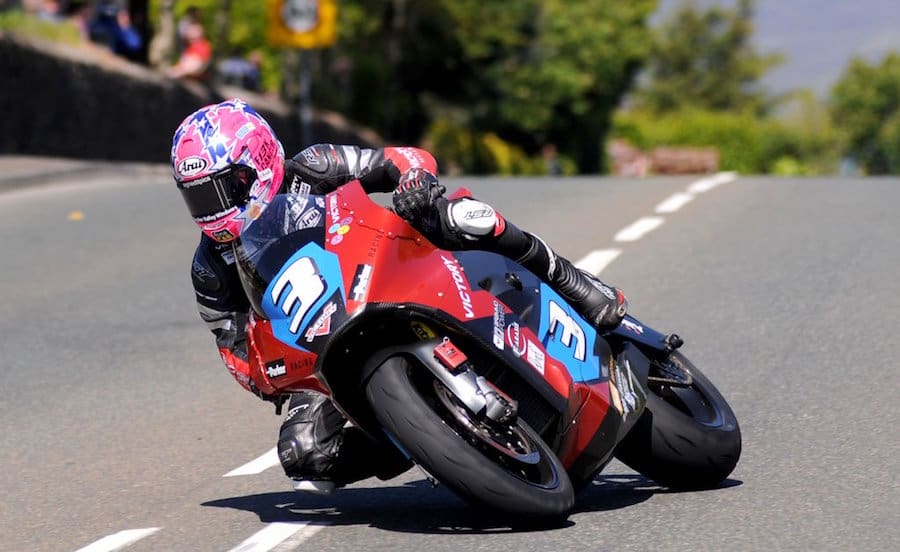
Related Reading:
